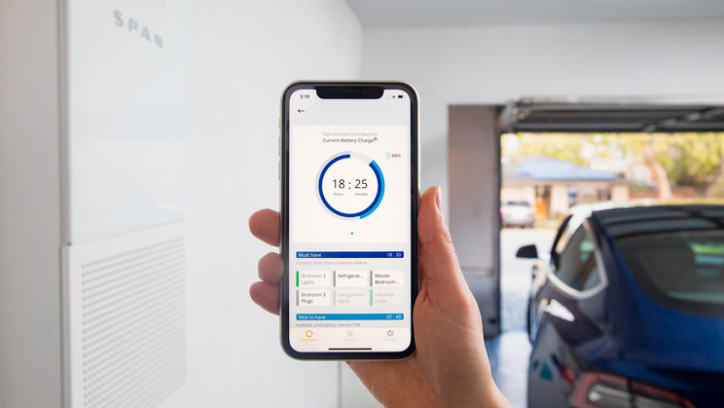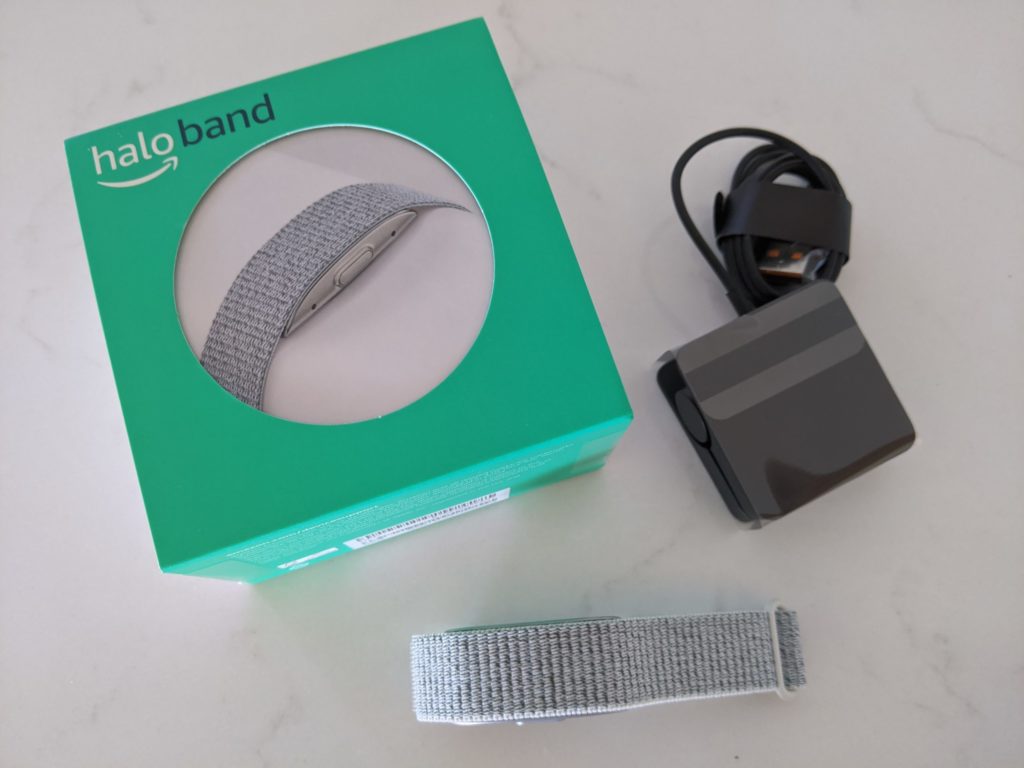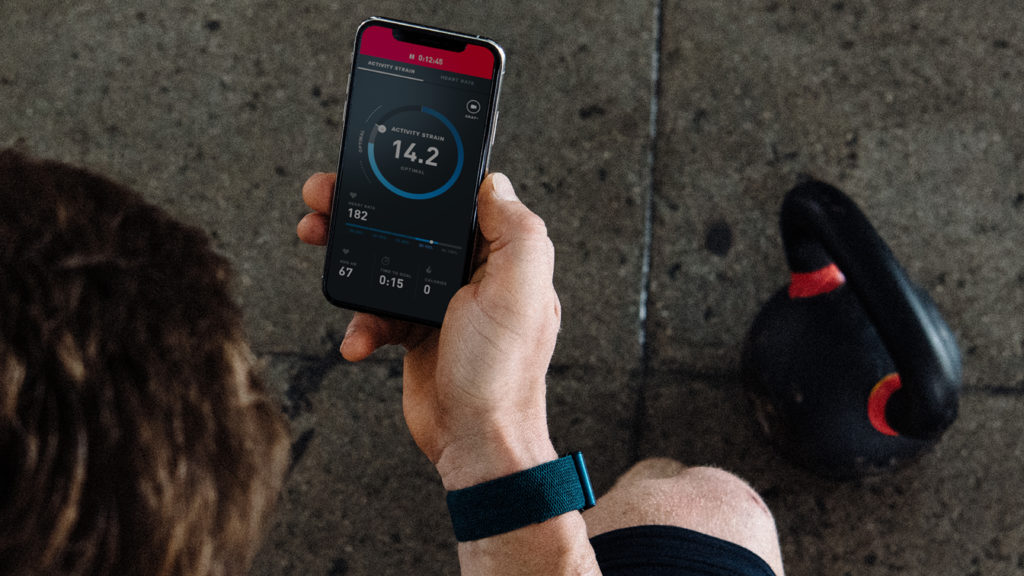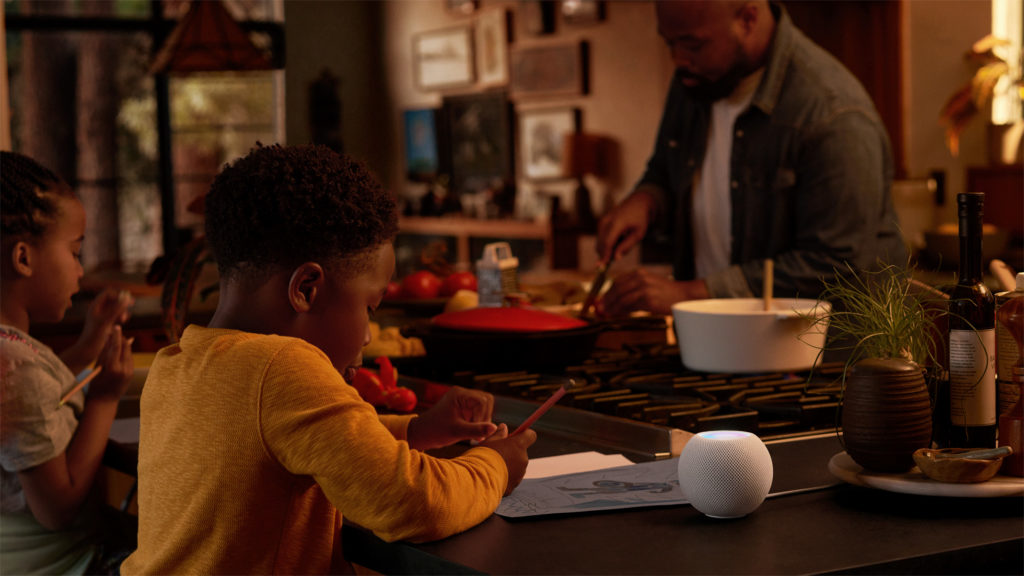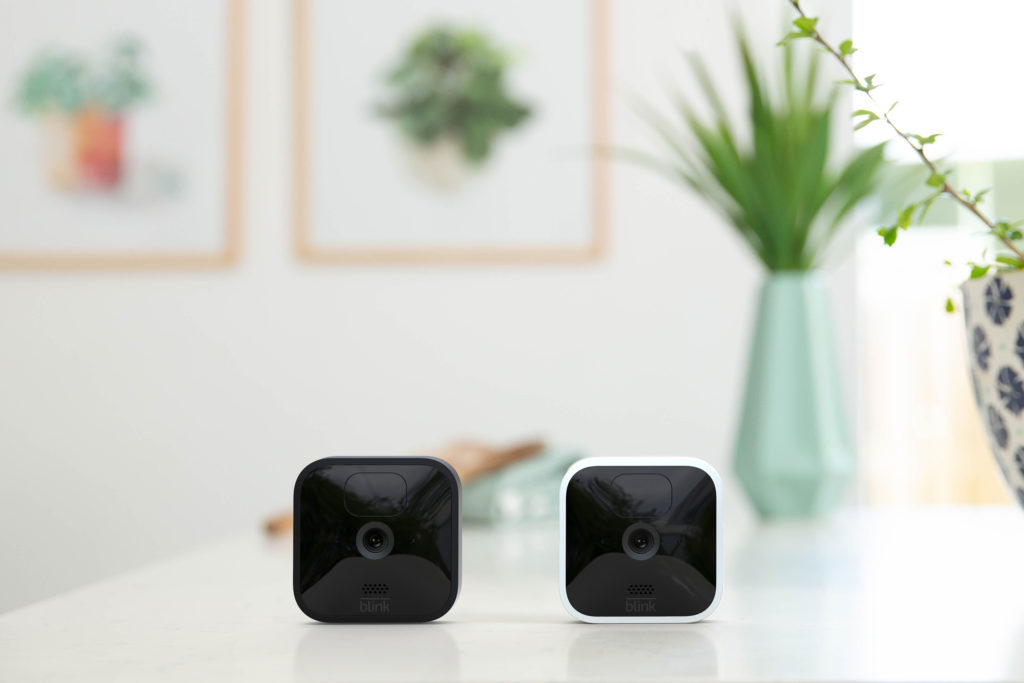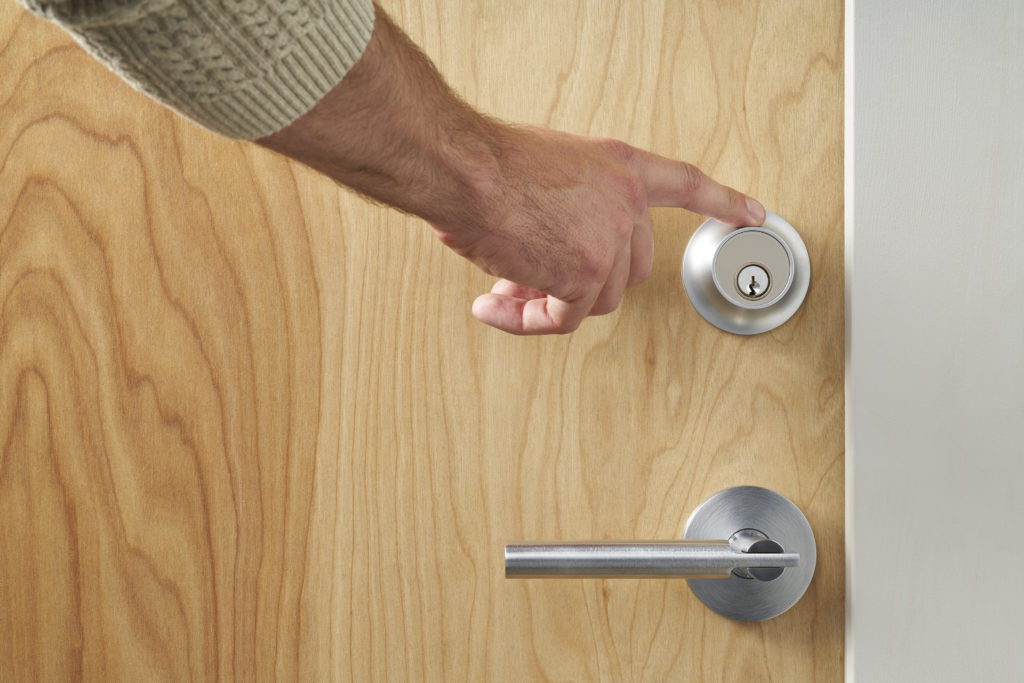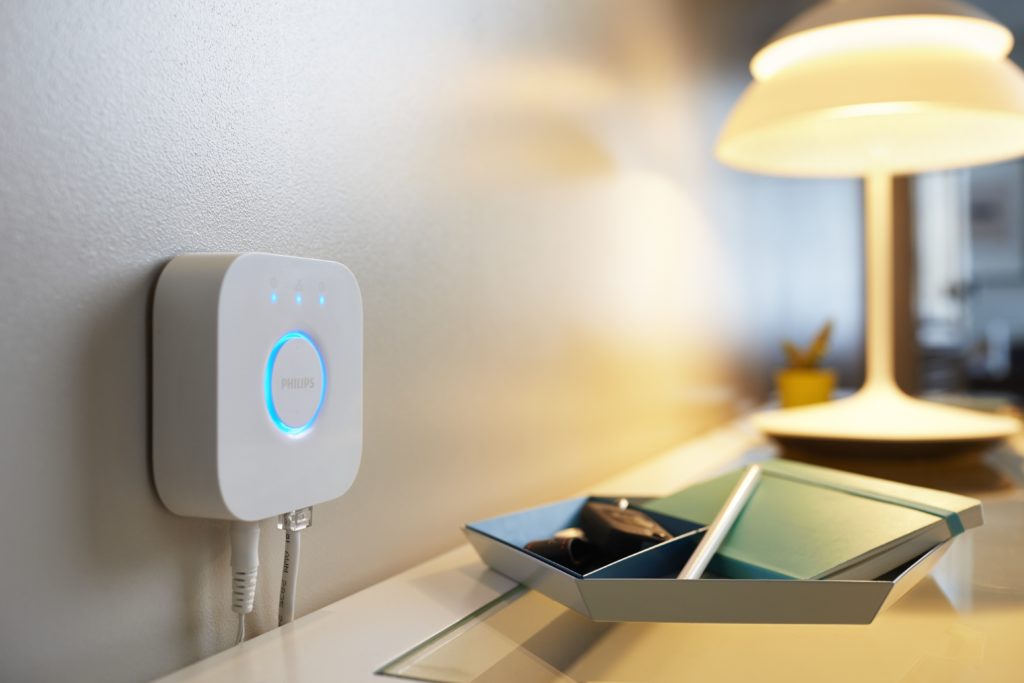We kick off this week’s show with the news of SmartThings device depreciation and Amazon’s Alexa Conversations feature finally making it to general availability. After that, we talk about the rising revenue from subscriptions in the consumer IoT and in manufacturing based on a new survey from Zuora. Then we discuss how police departments feel about connected doorbells such as Ring and a new consumer privacy law in Virginia. Both NXP and Silicon Labs shared news at the embedded world event this week, while rumors about a new Nest display hit the press. We closed with conversations on Tuya filing to go public, Beam’s funding for connected dental insurance, and Kevin’s review of some Meross HomeKit outlets. On the IoT Podcast Hotline, we answered a listener’s question about a connected doorbell that doesn’t collect video data.
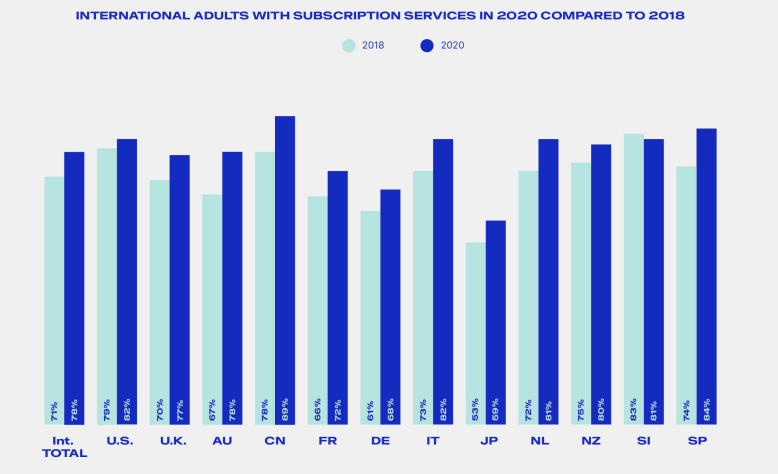
Our guest this week is Tien Tzuo, CEO of Zuora. He’s on the show to explain why the ownership model is going away and how companies can make the shift to charging subscriptions for products ranging from cars to steam traps. We talk about how subscriptions and software updates change marketing, finance, and innovation inside companies with Tzuo offering some excellent examples. We then talk about how to set pricing, and what that might look like in the years ahead. Tzuo thinks the cell phone providers are a good model, but I hate my carrier’s opaque pricing. There’s a lot of food for thought here.
Hosts: Stacey Higginbotham and Kevin Tofel
Guest: Tien Tzuo, CEO of Zuora
Sponsor: Very
- SmartThings’ changes make now a good time to evaluate other hubs
- Virginia’s new privacy law is a lighter version of California’s CCPA
- NXP’s secure IoT chips are coming and gigahertz MCUs are here
- How selling subscriptions changes the way a company thinks about innovations
- Consumer trust and systemic thinking are essential to building a subscription service
Podcast: Play in new window | Download | Embed
Subscribe: RSS

